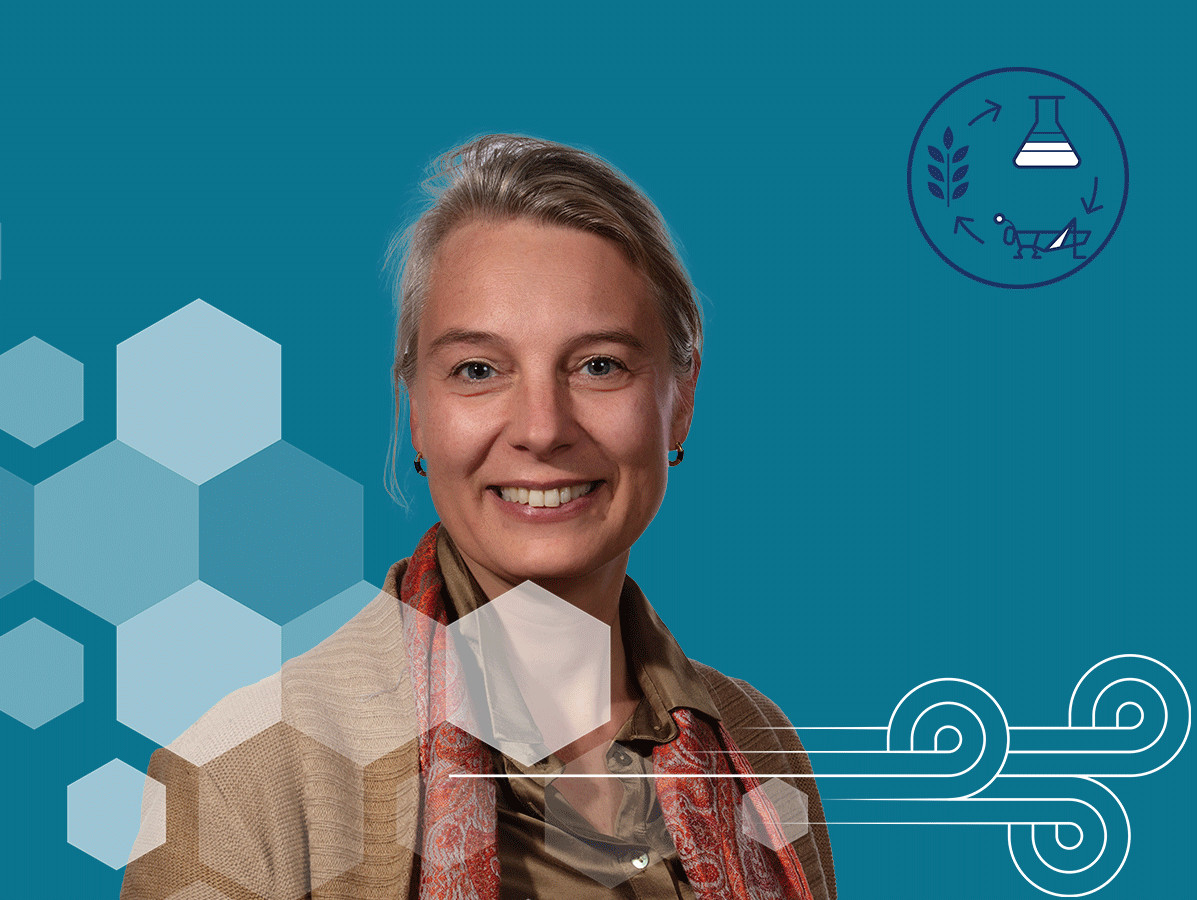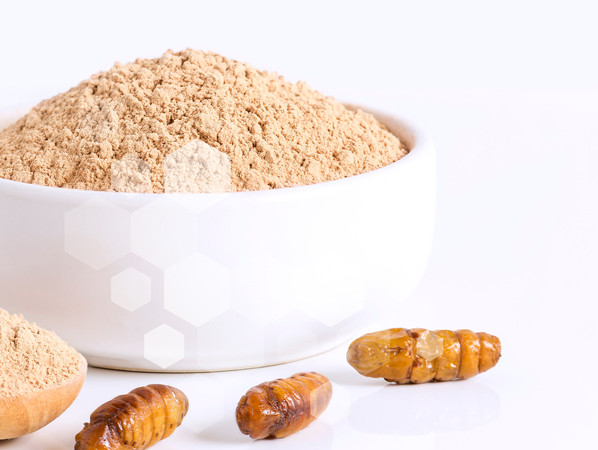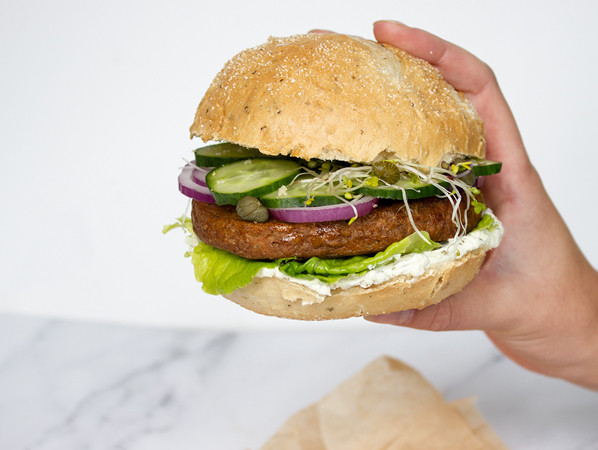
Insects can play an important role in the circular food system. To allow insects or insect-based foods to end up on the plate of the consumer more often, Foodvalley is setting the chain in motion with, for example, a workshop, as a partner of Network for Insect Knowledge (NIK) and an international insect market scan.
There is no lack of knowledge, legislation already allows quite a lot and insect consumption is on the rise. Yet the insect chain still doesn’t function adequately. Why is that? What is needed to make it work? And which players are relevant?
Jolijn Zwart - van Kessel, innovation lead circular agrifood at Foodvalley, deals with these questions.
She says: "Insects can process residual streams, even mixed waste streams from the catering industry, and then supply proteins for feed and food themselves. In this way, low-value protein becomes a high-value protein source.
Very interesting, but a lot of research, development and legislation is still needed on this topic. Circular agrifood provides the necessary guidance also on the practical implications here.
We are also looking at the topics of upcycling residue streams and regenerative agriculture."
Insects are a valuable alternative source of protein. For example, an adult cricket contains 65% protein, which is more than beef (23%) and tofu (8%). Moreover, insects can be used as a residual processor just like chickens and pigs, only their climate footprint is a lot lower. Their CO2 emissions are much lower and they use much less land and water. Zwart-van Kessel: "Energy consumption is, of course, still a challenge in the current energy crisis. But that doesn’t mean we shouldn’t drive development – innovation is all about dealing with paradoxes like this."
To Increase the role of insects in the circular system, WUR is carrying out a lot of research into the food safety surrounding the use of insects living on residual streams. "For example, it would be very interesting to grow edible insects on manure. Again, that requires practical, feasible legislation to allow this.
Of course, for many Dutch people to willing to eat insects, a mental threshold still needs to be overcome, but I expect acceptance to grow."

To answer the question of how to get insects on the plate of the consumer more often, Foodvalley, as a partner in the Network for Insect Knowledge (NIK), is bringing the insect chain together. "Growers, processors, retail and foodservice need to come to the table to make sure we start seeing some insect products on the shelves next year.
We also need to get the story of these products into the minds of consumers. To set this in motion, we are organising a workshop inviting these parties to join us. As a partner of the NIK, I would also like to draw the reader's attention to various topics around insect farming.
NIK has launched the website nfik.nl. On this website, parties with the ambition to start working with insects can find everything on the subject: laws and regulations, permits and their locations, information on training courses and events, manuals for cultivating various insects and a hygiene guide.
It also includes a handy overview of all links in the insect chain in the Netherlands and Belgium, including feed companies, government agencies, technology suppliers and the food industry. And of course, funding agencies – money is an essential factor in driving innovation.
That’s why we are organising a Bioventures Network workshop where startups in circular agrifood can pitch to investors,” said Zwart-van Kessel.
To clarify the laws and regulations, Foodvalley, together with its cooperation partner Enterprise Singapore, recently published an international insect market scan.
Zwart-Van Kessel: "With this, we look at laws and regulations from an international perspective with contributions from the European insect advocacy group IPIFF. We have mapped which legislation currently applies in Europe, which legislative changes are imminent and which regulations have recently been amended (as, for example, in Singapore). We have also looked at market developments and players in Singapore. As this region also works more with insects, it’s a very interesting sales market for European parties and vice versa."
We can learn a lot from experiences and developments abroad, Zwart-van Kessel believes: "In our country, we are still experimenting a lot with breeding and production. And there are pioneers who have already introduced interesting products to the market. Ynsect Netherlands supplies various product processors. De Krekerij is a relatively small company that makes delicious hopper meatballs from crickets as well as buffalo shoarma. These products are available through food service parties."

Zwart-van Kessel says there is a really enthusiastic response to insect products from the hospitality industry: "This shows that there are real opportunities out there.
Meat substitutes have also been taking off in recent years; insect products have everything it takes to become big. So we’re inviting all parties who can play a role in this to join in. Together, we will make the chain work."
Source: Foto Jolijn: ©James Media; Foto burger: ©De Krekerij; foto meel ©Shutterstock.com/nicemyphoto